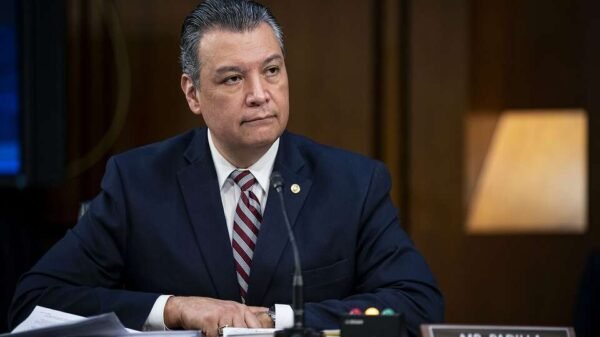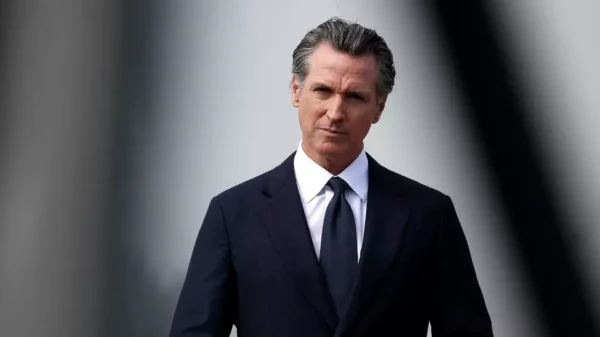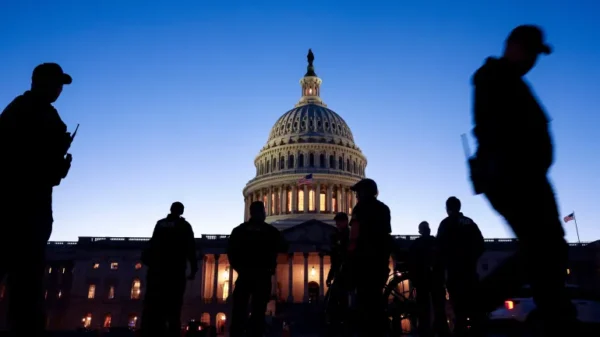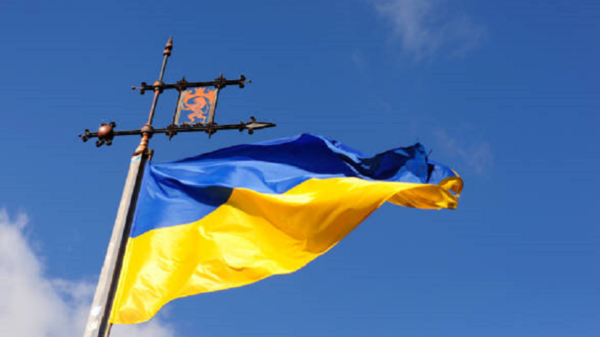Russia Expels Two Romanian Diplomats in Tit-for-Tat Response
In a growing diplomatic spat, Russia has expelled two military diplomats from the Romanian Embassy in Moscow. The move comes in direct retaliation for Romania’s recent decision to expel two Russian diplomats from Bucharest, escalating tensions between the two countries.
Russian Foreign Ministry Confirms Expulsion
The Russian Ministry of Foreign Affairs confirmed the expulsion in a formal statement, citing Romania’s earlier “unfriendly and unjustified actions” as the cause. The Romanian diplomats were given a short timeframe to leave the country.
Romania Previously Expelled Russian Diplomats
The expulsion follows Romania’s April 5 decision to declare two Russian embassy staff members persona non grata. Romanian officials said the individuals were involved in activities “incompatible with their diplomatic status,” a common euphemism for espionage.
Tensions Reflect Broader East-West Strains
While bilateral disputes between Russia and Romania are not new, this latest exchange comes against the backdrop of rising geopolitical tensions in Eastern Europe, fueled by the ongoing conflict in Ukraine and NATO’s growing presence in the region.
NATO Ally Reaction to Espionage Concerns
Romania, a NATO member since 2004, has been increasingly vocal about concerns over Russian intelligence operations on its territory. Romanian intelligence services have stepped up counterintelligence efforts in recent years, mirroring similar actions across the alliance.
Moscow Accuses Bucharest of Provocation
Russia condemned Romania’s expulsions as politically motivated and part of a broader Western campaign to isolate Moscow diplomatically. Russian officials described the move as “a provocation aligned with NATO’s anti-Russia agenda.”
Diplomatic Channels Under Strain
The incident has further strained diplomatic communication between the two countries. Analysts warn that such tit-for-tat expulsions reduce the space for dialogue and increase the risk of miscommunication or conflict escalation.
History of Spy Allegations
This is not the first time espionage has triggered diplomatic tensions between the two nations. In 2021, Romania expelled a Russian military attaché under similar accusations, prompting reciprocal action from Moscow at the time.
Regional Security in Focus
With Russia’s ongoing war in Ukraine and growing military activity near NATO’s eastern flank, Romania plays a strategic role in the alliance’s security posture. These diplomatic frictions could affect intelligence sharing and regional coordination efforts.
EU Expresses Solidarity with Romania
Following the Russian response, the European Union expressed support for Romania, reaffirming the bloc’s commitment to standing against foreign interference and hostile state activities within its member states.
Potential Impact on Trade and Cultural Ties
The diplomatic row could impact existing cooperation in areas such as energy, trade, and cultural exchange. While direct trade between Russia and Romania is limited, diplomatic breakdowns can lead to broader disengagement.
Embassy Operations Continue at Reduced Capacity
Both embassies remain operational, but with reduced diplomatic staff following the expulsions. Security has been heightened around the Romanian Embassy in Moscow amid concerns of public demonstrations or counter-protests.
Experts Warn of Escalation Cycle
Foreign policy experts warn that repeated expulsions without diplomatic resolution mechanisms can lead to a dangerous cycle of escalation. They urge both sides to maintain communication channels to prevent further deterioration.
Public Reaction in Romania and Russia
Public reaction has been mixed. While Romanian media largely support their government’s stance against foreign interference, Russian state media have portrayed the expulsion as part of an orchestrated Western attack on Russia.
Conclusion: Diplomatic Chill Continues
The reciprocal expulsions mark yet another chapter in the deteriorating relationship between Russia and NATO-aligned states. As diplomatic tensions mount, both nations face increased pressure to balance national security concerns with the need to avoid deeper isolation or miscalculation.



































